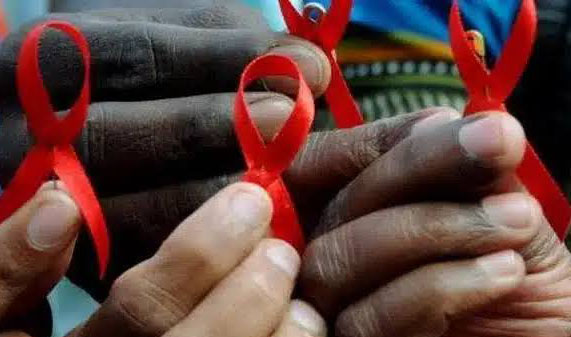
United Nations AIDS Country Director, Dr Leopold Zekeng, has hailed Nigeria for making significant strides in the fight against HIV/AIDS, as only about two million people now live with the virus in the country.
Zekeng gave the commendation in a statement to mark 2024 World AIDS Day in Abuja, noting that last year, there were 75,000 new HIV infections, reflecting a decline in new cases over the years and achieving progress in treatment access, with 85 per cent of people living with HIV receiving antiretroviral therapy.
He said: “The world is making progress in reducing the impact of HIV over the last 15 years. Globally, a total of 30.7 million people, representing 77 per cent living with HIV, were treated last year as against up to 7.7 million in 2010. It results in a decline in AIDS-related deaths, down by 51 per cent over the same period.”
According to the country director, the day is meant to highlight and uphold the human rights of the people living with or at risk of HIV is vital for ending AIDS by 2030 as a public health threat, if the human rights of all people living with and at risk of HIV are protected.
He hinted that a new UNAIDS report released ahead of World AIDS Day, entitled Take the Rights Path, showed that upholding rights was the pathway to robust and sustainable HIV response.
Meanwhile, the coordinator of the United States President’s Emergency Plan for AIDS Relief (PEPFER) Nigeria, Funmi Adesanya, has urged the Federal Government to invest in resilient and inclusive health systems that ensure uninterrupted access to antiretroviral therapy even in the face of crisis.
Adessnya, who made the call in Abuja, stressed the need to address inequities in HIV response, stressing that Nigeria could not afford to leave out the most vulnerable populations, including women, children and key populations.
She emphasised the importance of expanding prevention efforts by scaling up evidence-based prevention, such as Pre-Exposure Prophylaxis (PrEP), and harm reduction services, among others.






